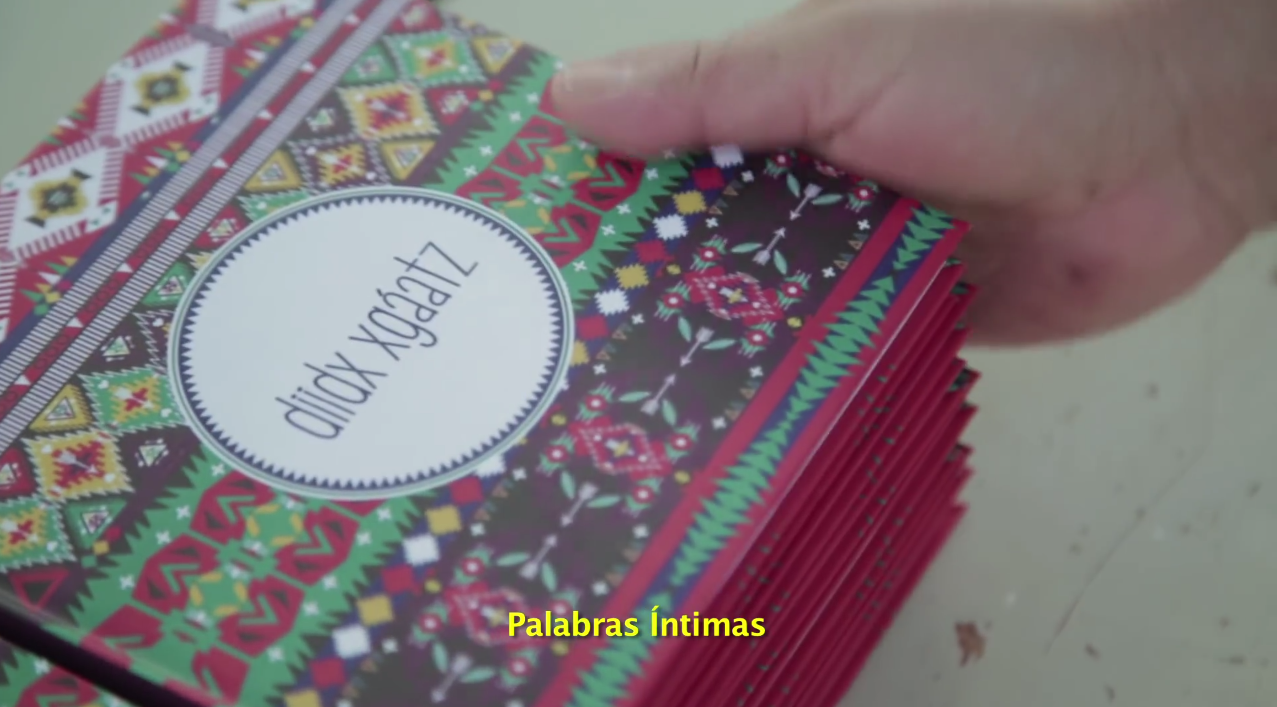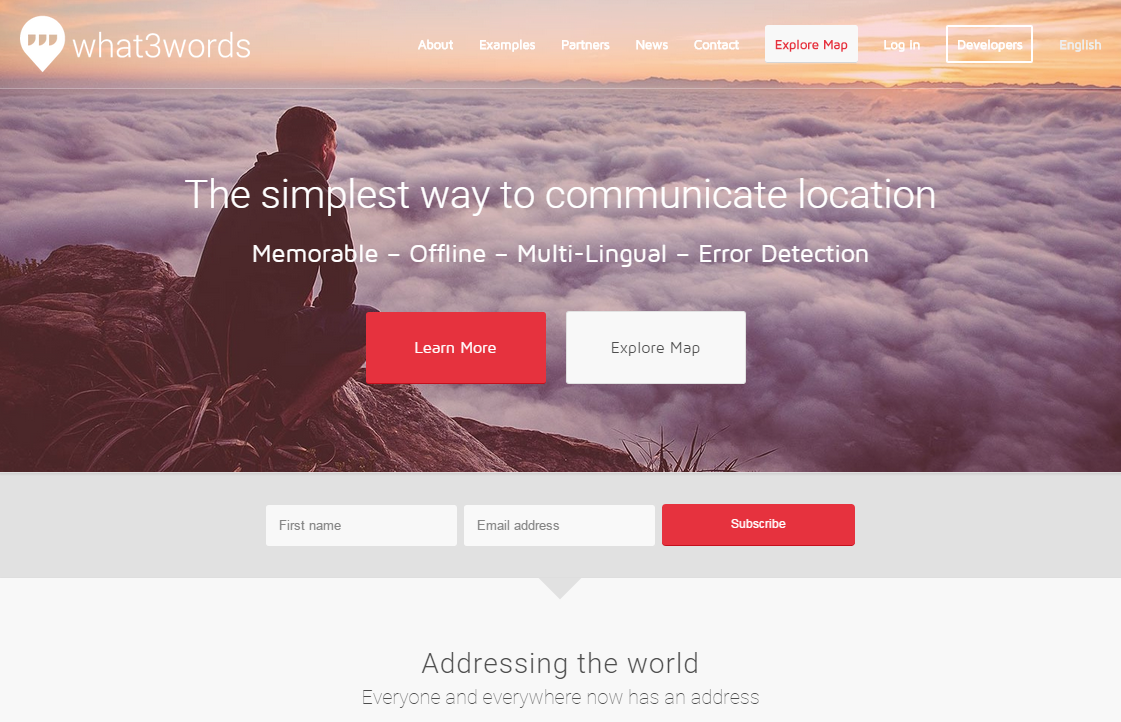In 44BC Roman philosopher and political theorist Cicero wrote this verse: “Cedant arma togae, concedat laurea linguae” in an essay titled De Officiis (which can be translated as On Duties or On Obligations). The first words of this verse, Cedant arma togae, basically mean “Let arms yield to the toga”. They can be understood literally as “let military power give way to civil power” but also hold a deeper meaning “words are more powerful than weapons”. As a brilliant orator, Cicero was well aware of the power of words and the influence a good word could have on his listeners’ minds.
More than 19 centuries later English author Edward Bulwer-Lytton also emphasised the power of words by writing that “The pen is mightier than the sword”. It is interesting to notice that both men likened the power of words to that of weapons and that both deemed the physical weapons weaker than intellectual ones.
From a purely mathematical point of view, they were probably right to do so: there are more words than weapons.
It is impossible to actually count the number of words in a language, some words disappear, others appear, languages are ever expanding. It is possible however to estimate the number of words in a language. Most specialists estimate the number of words in a language to be over 1.025.100 (Global Language Monitor). Given that there are between 5000 and 7000 languages in the world, there should be over 6 Billion words in the world – which is a tremendous amount of words considering an average person typically know between 12.000 and 20.000 words and does not use more than 2,000 of them a day.
Our vocabulary is most often limited by our education, our memory and a number of other factors. And this impacts our lives.
As Austrian-British philosopher Ludwig Wittgenstein wrote “The limits of my language means the limits of my world”. It seems to be a pretty accurate description of the power of words. The limit of one’s vocabulary marks the limit of one’s thoughts and the extent of one’s world.
Joseph Stalin expressed a very similar thought in those words: “Ideas are more powerful than guns. We would not let our enemies have guns, why should we let them have ideas.”
Words can be a matter of life or death
A few days ago, feminine hygiene products brand Always took home the top prize in the Health & Wellness category of the Lions Health at Cannes, France, for their “Intimate Words” campaign. It was meant to get women in rural Mexican towns to talk more openly about issues like cervical cancer.
‘Always’ noticed that the Zapateco language lacked the words to describe the feminine organs inside the body (i.e. uterus, womb, fallopian tubes, ovaries), in fact there is only one word “udxanlania” to refer to all feminine parts. Because the women don’t have the words to explain their symptoms nor the areas affected, medical diagnosis is difficult. It can lead to complications and even to death if the actual problem is not treated – Hence the need for precise names.
Words empower people
What3words noticed that 75% of the world has a poor or no address. The geographic coordinate system is pretty efficient and works just fine for machines and systems but it proved way too complicated for people and, more importantly, it can in no way serve as an address. Therefore, What3words launched 3 Words To Address The World: they divided the world into 57 trillion three-by-three-meter squares and gave each one a-three word address such as gazed.across.like, entry.clap.sales or office.spins.bolt.
Those addresses are not just words as they are accepted by most apps with GPS and by most governmental organisations as actual addresses. Now that they have an address, people can receive humanitarian aid, and get packages delivered. An address empowers people, enables them to do business and drives the economy. As each address can be written both in English and the local language, it is also an opportunity to learn new vocabulary.
Words transmit our culture and history down the generations
In 2014, Vodafone discovered that the Ayapaneco language, a local dialect of Mexico, was dying as only two Ayapaneco speakers (both quite old) were still alive. Considering that when a language dies, the culture associated with this language dies with it, Vodafone decided to save the Ayapaneco language and culture. They reunited the last two speakers, created a dictionary and set up a language school for children to learn Ayapaneco.
Obviously, words are extremely important, they can start revolutions and they can end wars, and they can definitely make or break a brand. This is why, brand and product names should be chosen with care by people who understand the power and weight of words.
Now for a little light relief: What does not exist but has a name?


